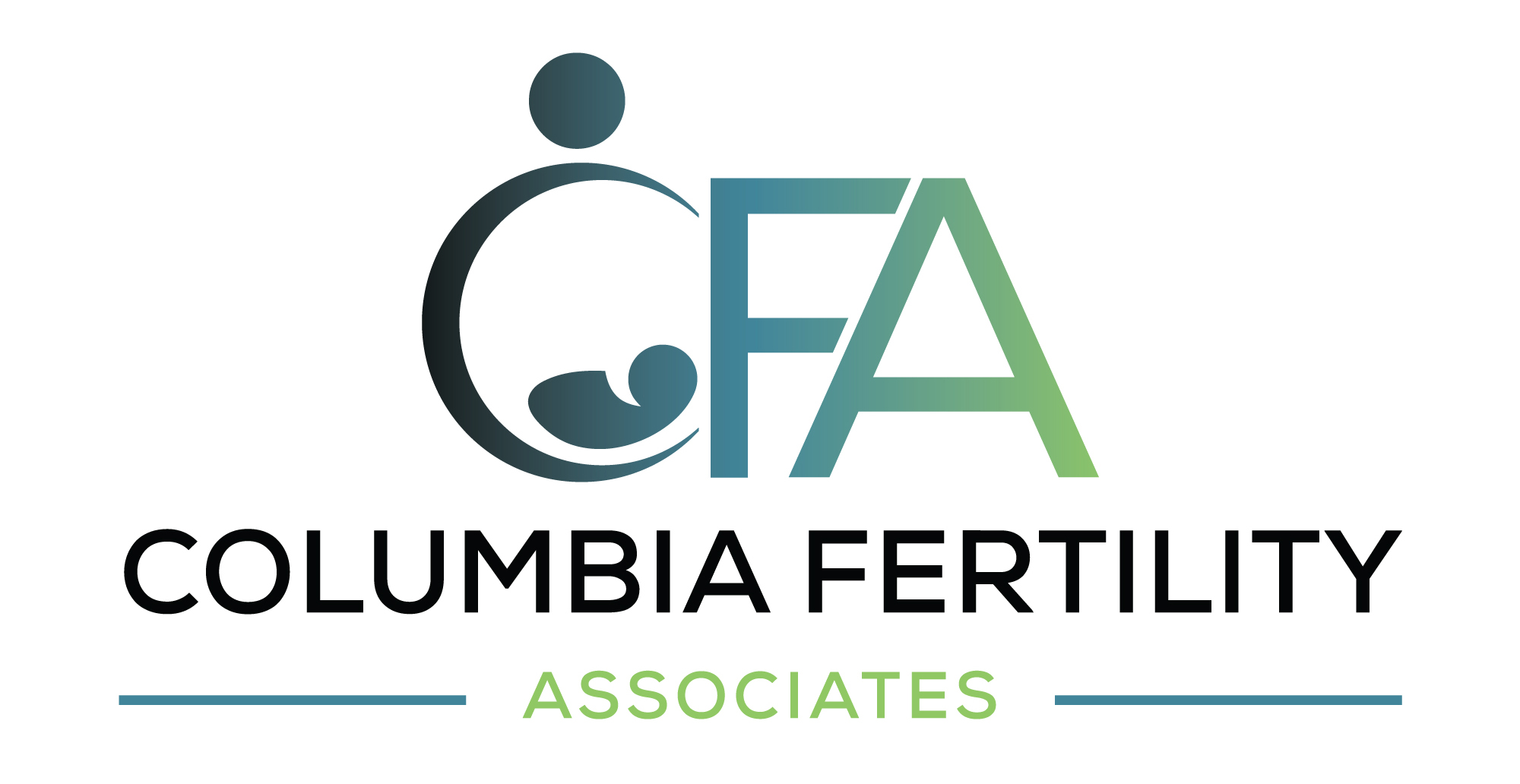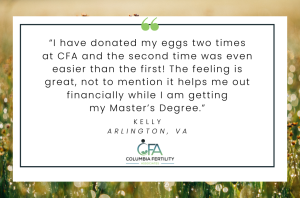“Seventy is the new 30!” The headlines trumpet. And they’re easy to believe. Everywhere you look, seniors are staying fit and strong well into what used to be consider old age.
That’s your aim, too. Maybe you’re even “biohacking” to give yourself the best shot at healthy aging and increased longevity.
When it comes to your reproductive organs, however, the “hacks” that might possibly keep you fertile past the average menopause age of 51 are highly experimental, expensive, and uncertain. What is certain is that if you age naturally, your fertility declines.
At Columbia Fertility Associates, our fertility specialists are dedicated to helping you have the family you desire, no matter what your challenges. They also counsel you on procedures such as egg freezing that may help extend your fertility. If you’ve delayed your family, or are considering a delay, here’s what to know about aging and fertility.
You lose eggs every year
As a baby girl, while still in utero, you had 6-7 million eggs in your tiny ovaries. By the time you were born, however, you were down to just 1 million.
When you hit puberty, you only had about 300,000. Even though you usually only produce one mature egg per menstrual cycle, and that adds up to about 400 during your lifetime, you actually release more eggs than that during each cycle; the rest simply don’t mature.
Many of the other eggs in your ovaries simply get absorbed. By the time you hit age 30, you only have 10% of your “birth” eggs. By age 40, you’re down to just 3%.
Pregnancy is a numbers game, no matter what age you are. In fact, even when you’re under age 35 and relatively brimming with healthy eggs, you only have about a 25-30% chance of conceiving in any month you try to become pregnant.
As you age and the number of your eggs dwindles, so does your chance of pregnancy. In fact, by age 43, you only have a 2% chance of pregnancy each month, unless you’re helped by artificial reproductive technologies (ART), such as in vitro fertilization (IVF).
Your egg quality declines, too
To add insult to injury, not only do you have fewer eggs as you age, but their quality also suffers. Even those eggs that do manage to mature may not be able to become fertilized. If they do become fertilized, they may not be viable enough to develop into an embryo.
That’s why if you’re under age 35 and hope to become pregnant in the future, we recommend freezing your eggs. The younger you are when you freeze your eggs, the more likely they’ll develop into a baby when you’re ready.
If you’re considering egg freezing, you can use this calculator to see your odds of having a healthy baby at various ages. The calculator demonstrates the importance of freezing your eggs as soon as possible: You have a 69% chance of one live birth if you freeze 10 mature eggs at age 35, but only a 30% chance if you do so at age 40.
Whether you’re ready for a baby now or not, if you’re considering pregnancy in the future, you may want to schedule a consultation with a fertility center to discuss egg freezing. If you’re ready for a baby and have been trying for at least one year if you’re under age 35, or for six months if you’re over 35, you should schedule a fertility evaluation.
A fertility evaluation can help determine why you’re having trouble getting pregnant. We then make treatment recommendations based on you and your partner’s issues and desires.
To find out more about fertility and aging, fertility treatments, or egg freezing, contact our office that’s nearest you. We have clinics in Washington, DC; Bethesda, Maryland; and Arlington, Virginia.








